African gangs crisis: Poverty and hopelessness producing violent crime in Melbourne
AFRICAN gangs do great harm to their own community as well as the broader public — but we need to understand that it is the combination of poverty and hopelessness that produces violent crime.
Opinion
Don't miss out on the headlines from Opinion. Followed categories will be added to My News.
THE African-Australian community is a vibrant and thriving part of Melbourne. We love our city and are appalled by and condemn the recent spate of violence on our streets — whether that be by a small section of African youth or any other perpetrator, regardless of their cultural background.
The thought that some fellow members of our community look upon recent immigrants from Africa with fear saddens us terribly and is why the leaders within our community have worked tirelessly with the state government to help our community connect with other Melburnians.
In fact, 2017 has been the most rewarding, productive and inspiring year in the African-Australian community’s history.
Achievements through the ministerial working group have placed us in an excellent position to consolidate these gains and to continue to grow in 2018 to meet the challenges facing our youth.
Andrews Government leaders missing in action during African gangs crisis
Police on ambush alert as new menace joins Apex gang
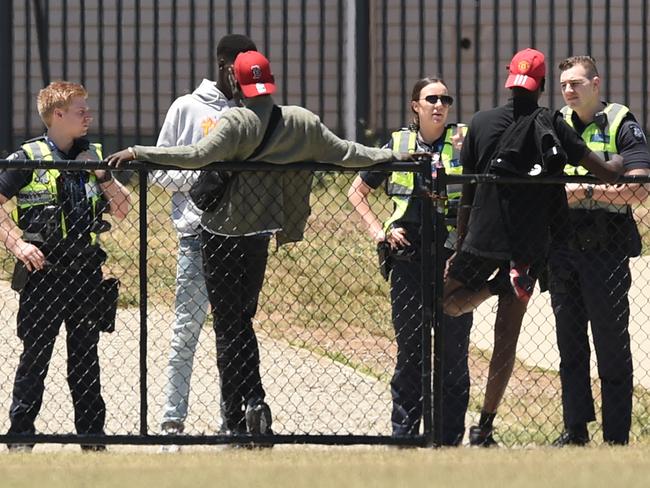
Such work allows us to maintain our African culture and traditions and open channels to share those with the wider community.
This integration and embrace of the values of the great Australian community befits our earnest desire to participate and contribute as strong and effective citizens of Australia, our new home.
That does not mean that we as community do not recognise that there are problems among our youth. A primary concern is that some of our young people have disconnected from their communities, and that has led to anti-social behaviour.
For our young people, this disengagement could be for a variety of reasons, including a lack of identity, of learning at school, of job prospects, of positive role models or of funding for community projects which will occupy them in a worthwhile way.
All of those concerns are not limited to children of African descent. Many young people across all cultural backgrounds face such problems, which in turn creates a fertile recruiting ground for criminals to exploit our children.
Policeman injured, home trashed at wild Werribee party
Rita Panahi: A trip to Tarneit is a must for head-in-the-sand Lefties
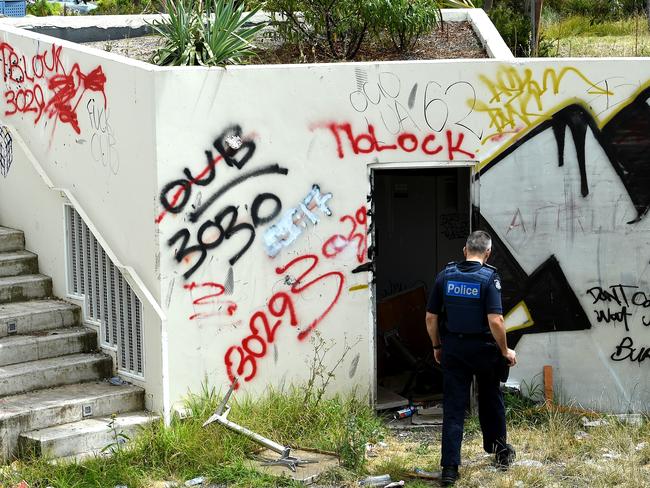
It is a universal truth that the continuity and progress of any given society hinges upon its youth. A society that fails to cultivate and invest in its youth also fails to ensure its own future.
Crime has many roots, but the most important root is poverty. We need to understand that it is the combination of poverty and hopelessness that produces violent crime.
Regardless of the cause, there is a difficult reality for the African community to face, and that is the ”fear” with which our community is viewed by some of our fellow Australians.
That fear does little to promote positive cohesion, providing even further reason for our youth to feel isolated and disconnected from the broader community. In a climate of such fear, we do have to make clear to our fellow Victorians that our community is not reflective of these violent youths and we equally want to see action taken to rid our streets of these criminals.
In addition to punitive measures for those who break the law, it is also important to put in place preventive measures for those youngsters who come next.
MPs warn voters will punish Andrews Government over gang crime
PM: Youth crime, gang violence a ‘failure’ of Andrews
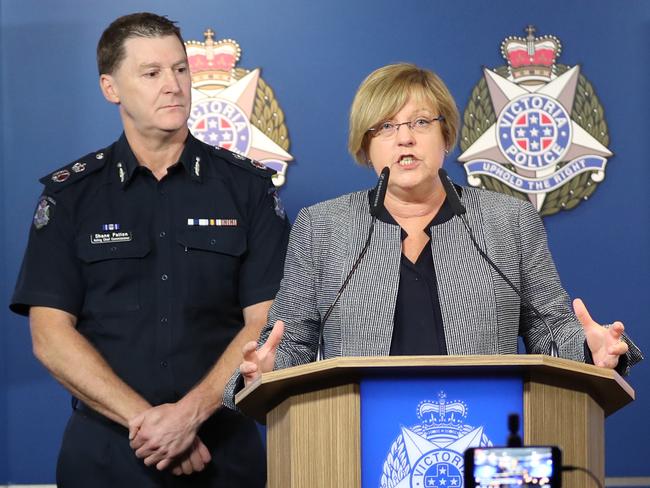
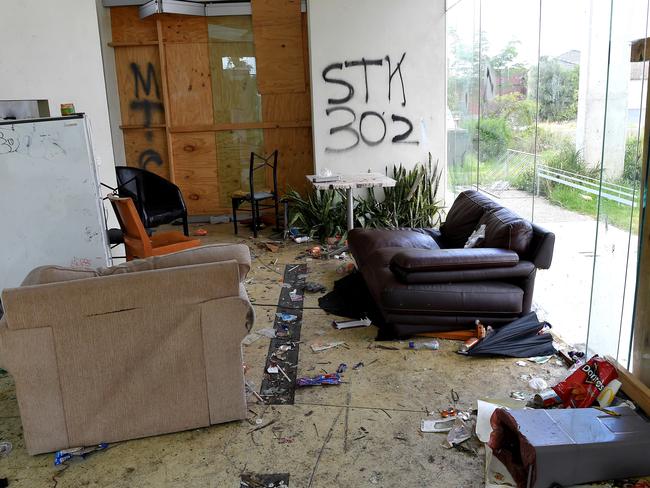
FOR the African-Australian community, we have commenced these measures through the African-Australian Multicultural Employment and Youth Services, created to help deal with disengaged youth.
Part of this process involves establishing relationships with African families living in the southeastern and western suburbs in Melbourne, through our “Youth Needs and Issues” program.
Supported by the Victorian government, we have engaged with these communities to build a plan that overcomes the unique and specific problems that their local area may face — such as a lack of employment opportunities or educational support — so that we can put into place resourcing that will help prevent their children from being recruited into criminal gangs.
An important component of such programs always comes back to a core issue of disconnection and education, or more accurately, the lack of it.
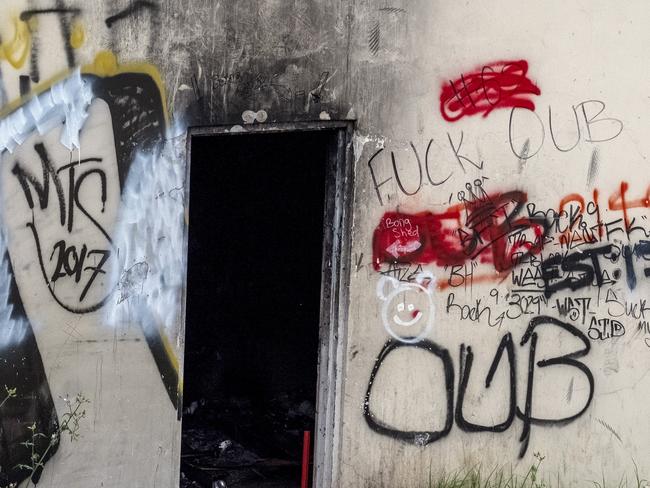
For Australians, who live in such a wondrous and peaceful nation, it can be difficult to understand the problems faced by children who have emigrated from lands faced with years of civil conflict, violence and famine.
Children from such backgrounds require considerable specialist support to achieve their full potential in our education system.
This support should begin with family-based counselling and support services to help parents migrate successfully into the community, and their children into the education system.
The first step is adequate resourcing, which would allow teachers to provide focused teaching to students. Linguistics-informed teaching of English is critical to ensuring that these students achieve grade-appropriate levels of spoken academic English and English literacy, allowing them to participate fully in the curriculum.
In addition, the students’ families, many of whom come from nations where food and survival were more than important than schooling, are encouraged to be actively involved in their children’s education, so they can understand the important role of schooling in Australian society.
The key to making sure we see our kids in school and out of trouble is to ensure there are pathways to enable successful transitions into either a job or further education through support programs that recognise children’s unique background, so that their futures are not limited by it.
— Dr Berhan M Ahmed is CEO of the African Australian Multicultural Employment and Youth Services and a Research Fellow at the University of Melbourne.


